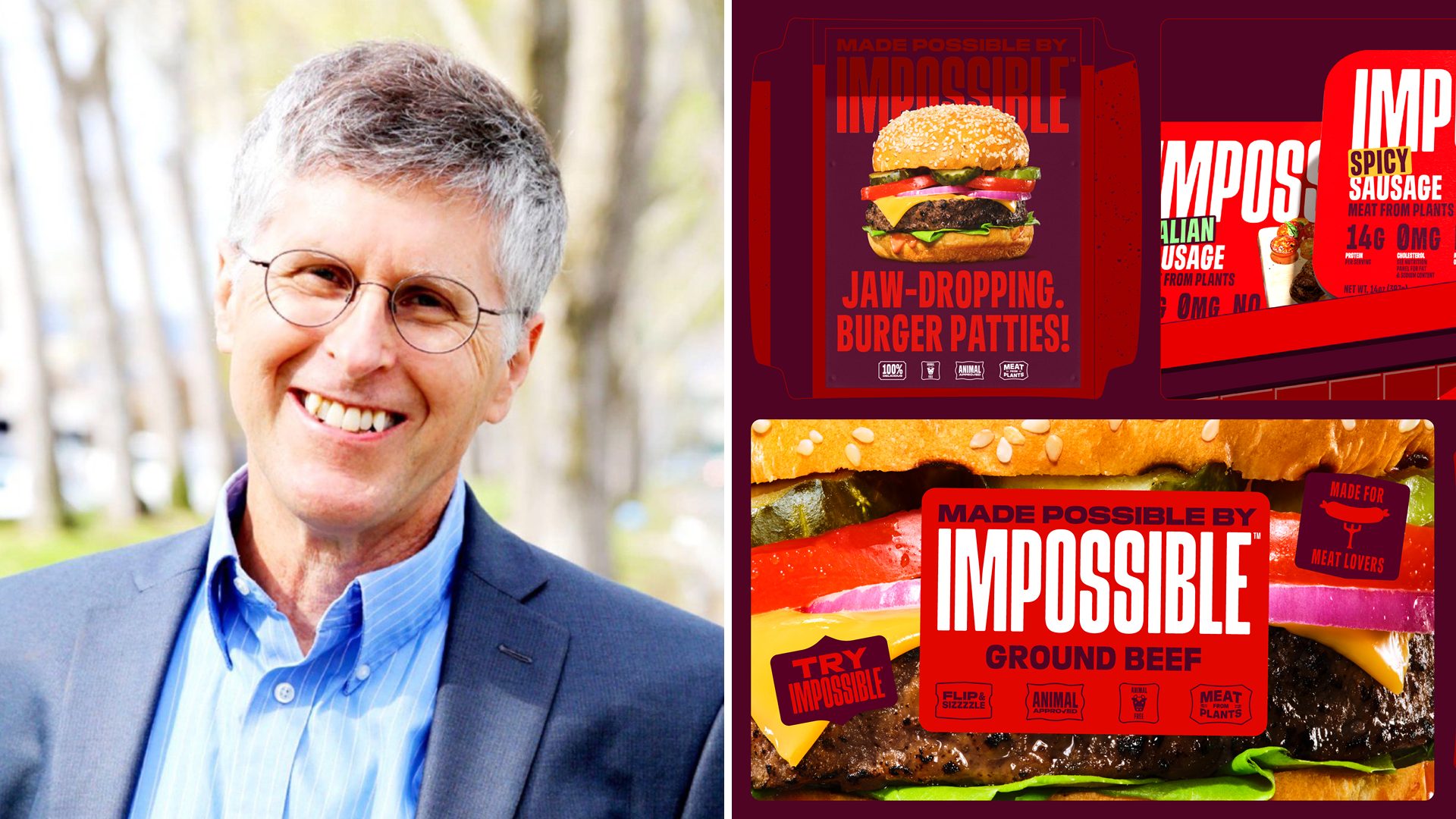Fungi fever is sweeping the food industry, and the increased supply of mushrooms in packaged food and drinks is only the first wave of the phenomenon.
Both Whole Foods Market and Kroger named mushrooms as a top ten food trend for 2021, due to their versatility, texture, and umami flavor — and the predictions were right on point.
The role of mushrooms continues to expand across traditional and plant-based food categories. Sales of specialty mushrooms alone grew about 20% at U.S. grocery stores over the past year, according to the Mushroom Council.
Furthermore, the increased use of medicinal mushrooms extracts and powders in functional beverage blends is a noteworthy health and wellness trend.
Brooklyn-based Smallhold — which grows organic specialty mushrooms in technically managed farms — has increased production by more than 500% since January due to increased demand from major retailers, reported Forbes (Oct 13). The company raised $25 million in series A funding in October to expand its network on the West Coast.
“The plan is to build these farms all over the place,” co-founder and CEO Andrew Carter told Forbes. “A lot of retailers don’t have access to the mushrooms we grow.”
The Future of Fungi
The next wave of the shroom boom will focus on fermentation technology. As Just Food reports, a growing number of startups are using fermentation to transform fungi into a protein-rich and primarily flavorless food ingredient called mycoprotein, for use in animal-free meat and dairy products. (Nov 2)
According to Pitchbook, investment into these fungi-related startups hit a record $100 million in total funding in 2020 and is on track to top it for 2021.
Companies like Atlast Food Co. and Nature’s Fynd have both launched consumer packaged food brands and products, while MycoTechnology is focused on the B2B market, producing ingredients for branded food companies.
ENOUGH Food also leverages fungi to grow its mycoprotein ingredient ABUNDA, which it has used in meat- and fish-style applications along with “some work” in dairy alternatives.
In May, consumer goods giant Unilever partnered with ENOUGH to fuel innovation behind its plant-based brands, starting with The Vegetarian Butcher. The adaptability of the ingredient means there is a long runway of innovation potential, a spokesperson for Unilever told FoodNavigator. (May 27)
“It’s still early days but we see huge potential to apply the technology to our portfolio across various ranges – in existing products as well as innovating new products. We also see potential in other areas where sustainable protein is important, such as non-dairy ice cream or healthy snacking.”












